Men and Anger Issues
Anger is something we all feel. Anger lets us know when we might be under attack, it alerts us to when things that are unfair or situations where we are being mistreated. This in turn helps us to defend ourselves, push back and respond assertively when something or someone crosses a personal boundary.
Strengths and pitfalls
As with all emotions we need to learn how to harness the strengths and avoid the pitfalls. This is particularly true for anger which can have profound negative consequences, particularly when it leads to aggression and violence.
Aggression and violence is the expression of anger through our actions. Violence and aggression are rarely needed in the modern world and in our view should only be used in exceptional circumstances. For example, when our lives are in immediate danger or there are reasonable force required.

When is anger a problem?
Anger may be a problem for you if you are feeling it frequently; if it feels out of control; if the feeling is more than is needed for the situation; if it leads to you or those around you being hurt emotionally or physically; and/or if it affects how you feel about yourself.
When our anger is at its strongest we are more likely to react through our behaviour. This is when we can do things we might regret.
Getting very angry is rarely helpful and research has shown that when let loose it becomes more difficult to manage our reactions. When people lose control of their anger they are often left feeling much worse.
Anger is an emotion which is often located in men. Having angry feelings is not a bad thing. It’s what we do with them that’s important.
The impact of angry feelings on others
When we get angry people around us may be feeling under threat. It can be very scary for others when they are the focus of a person’s anger which can lead to other people responding in anger or in defence. This can lead to conflict between people.
Many men do not recognise the potency of their anger and how scary it can be for others. Some people men choose to use anger for their own gain and to hold dominance over others, which can underly some people’s psychological struggles.
Anger management for men
For some people angry feelings may be their default reaction to a wide variety of situations. So what needs to be done to broaden the range of reactions and begin to find new ways of responding.
What can I do to help myself with anger and aggression?
Practice, practice, practice
These techniques aren’t going to work straight away, so don’t give up! Remember that you are committed to addressing your anger and stick with it. This is a very brief overview of some aspects of anger but there are many more things you can learn. We’ll provide some links at the end.
It may help to talk to a psychological therapist, someone who doesn’t know you and with whom you don’t have to keep up an appearance with. Psychological therapy is an effective intervention to help people manage anger and to help them make it work for them.
Angry feelings from the past
Sometimes we may carry angry feelings with us from the past due to mistreatment of harm that came to us. The feeling can then be misplaced into current situations and those around us. This can have an impact on our current relationships or other things that are important to us.
Whilst this is totally understandable that people would be angry about bad things in the past. Carrying them with us in the present can get in the way of us living the lives we would like to or it may lead us to getting into trouble. If you carrying angry feelings from the past, talking therapies can be helpful.
Connection between Anger and Depression in Men
Anger and depression can turn into a vicious cycle that’s hard to break. Outbursts of anger can lead to feeling guilty, which can lead to our moods worsening. When depression becomes a long-term condition, dealing with emotions can become more difficult, which increases the likelihood of anger outbursts.
Seeking professional help can be essential to break the pattern. Coming to terms with all our feelings including guilt, anger, fear, hurt, and shame is the key to heal old wounds and find the love we all so desperately crave.
